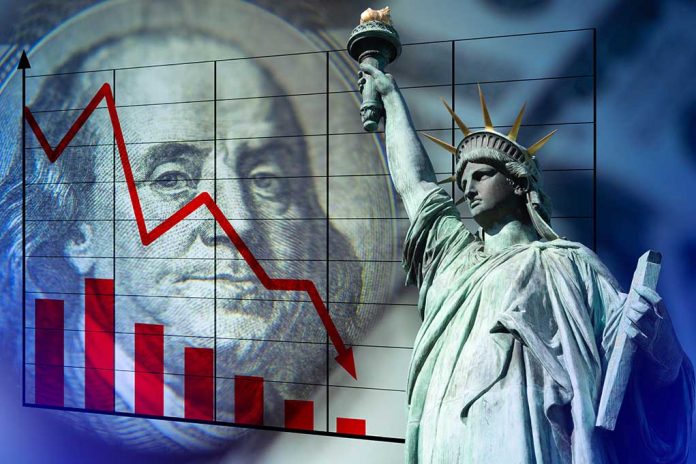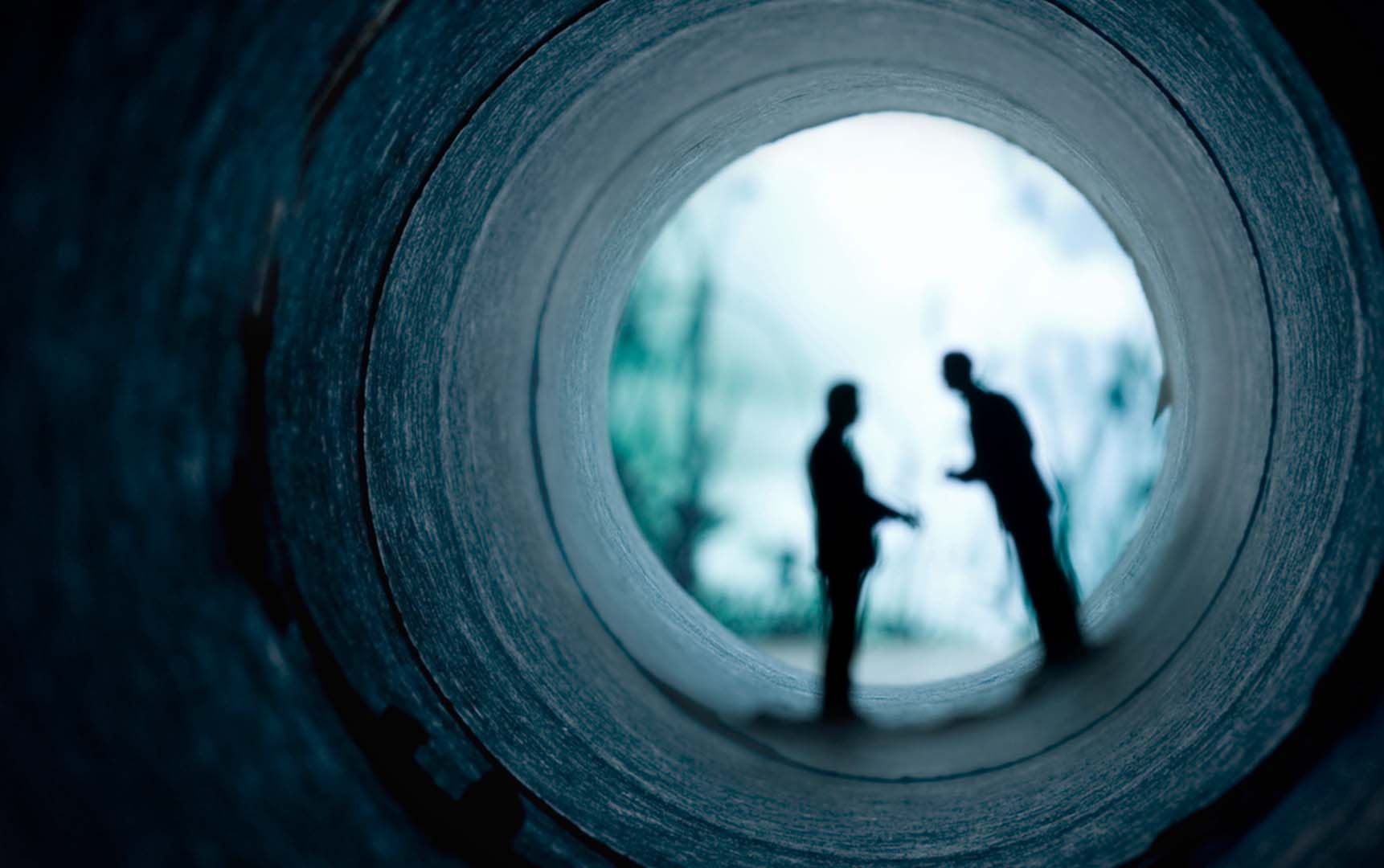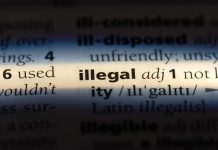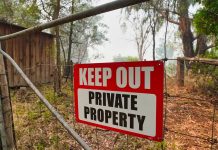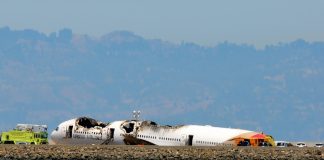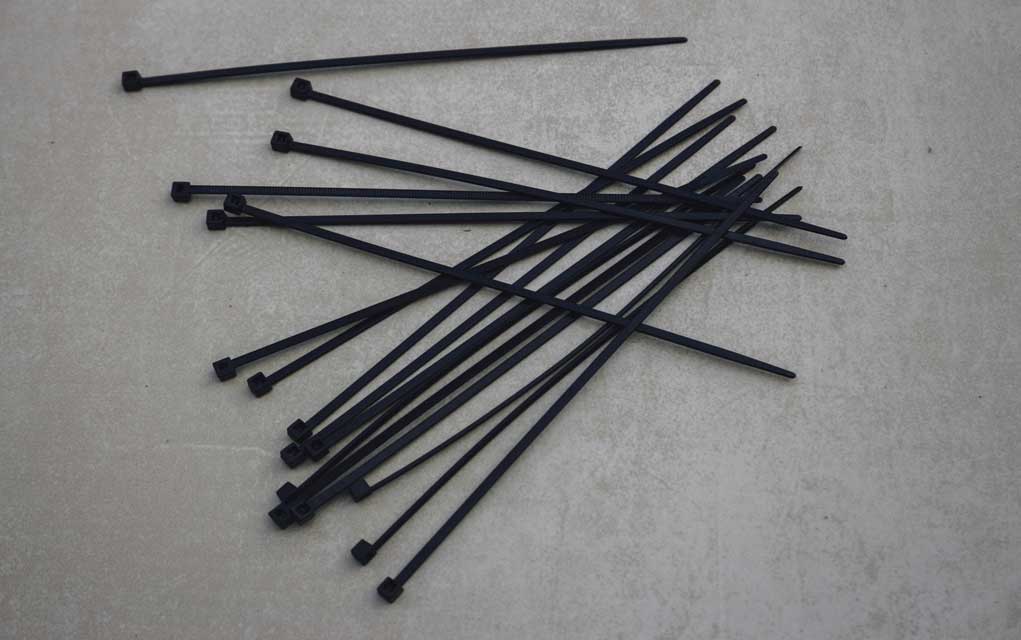(ModernSurvival.org) – The country’s economic stability is constantly fluctuating. Unfortunately, as history has proven, the house of cards can come crashing down quickly. It happened in 1929 when the stock market crashed, leading to the Great Depression, and again in the global financial crisis of 2008. With inflation on the rise and concerns growing that the country may be on the cusp of another crisis, many are wondering what they should do – or even can do – to prepare.
Is an Economic Crash Likely?
An economic crisis begins with a sudden drop in the value of money, either locally or globally. This drop in value can happen for any number of reasons — the mismanagement of a country’s economy or unforeseen events such as natural disasters, terrorist attacks, social upheaval, or political turmoil. When the warning signs show, the government usually takes action to avert a financial crisis, but this doesn’t always work.
When an economic crisis hits, hyperinflation and unemployment begin to skyrocket. Poverty also rises as people find their money isn’t worth what it once was. A genuinely devastating crash can lead to food shortages, political upheaval, and even societal collapse.
How You Can Prepare Now
The best time to prepare for any disaster is before it strikes. Becoming financially and physically fortified to face dark times puts you lightyears ahead of those who bury their heads in the sand until catastrophe hits. But what can you do to get ready for an economic crisis? Here are some options to consider.
Financial Preparation
When the economic bubble burst in 2008, preexisting debt crippled millions of people who ultimately lost their homes, vehicles, and personal belongings. According to Investopedia, roughly 10 million Americans were displaced, and over 3 million were forced to file for foreclosure on their homes.
The lesson here is to do whatever you can to get out of debt now and avoid a similar fate in the next economic crisis. Cut back on non-essential spending and begin paying off your debts. The goal is to ensure debt collectors can’t come and take your belongings when times get tough.
The next step is starting an emergency fund if you haven’t done so. Most experts say you should have enough money in reserve to pay your bills for at least six months. This may seem impossible for those who live paycheck to paycheck, but stashing a little bit of money away here and there will add up faster than you may think. Already have an emergency fund? Consider doing a little more to pad it out while you still can.
During the Great Depression, thousands of banks failed, leading the population to rush to their banks and withdraw cash. Most smaller banks didn’t have the funds to cover the withdrawals. According to the Social Security website, 9 thousand banks ultimately failed at this time, taking over $7 billion in depositor assets with them. Should the economy drop into freefall again, major banking institutions may begin freezing accounts, either voluntarily or when the Federal Deposit Insurance Corporation (FDIC) forces them to.
The idea of having all of your money suddenly inaccessible is terrifying, especially at a time when you will likely need it the most. Keeping a backup of cash on hand is critical to avoid being caught penniless in this scenario. Even if the economy crashes completely, paper currency can still be exchanged for goods and services.
Physical Preparation
There are many obvious financial risks that one must consider in an economic crisis. When an economy rapidly drops, many items that once were plentiful may suddenly disappear from the shelves as people begin panic buying or suppliers simply can’t produce the quantities they once could. While this may be an inconvenience, such as the toilet paper shortage of 2020, it could be much worse.
What would happen if your regular medications were suddenly unavailable or so expensive that you couldn’t afford them? How would you survive if food was suddenly nowhere to be found?
These are examples that prove why having a stockpile of long-term emergency supplies is vital. Here are some essential items to consider stashing away:
- Food with a long shelf life
- Water
- Medical and first aid supplies, including medications, if possible
- Personal hygiene products such as toothpaste
- Any long-term consumable product you may not want to go without
- Backup power source, such as a portable generator
Having an emergency stockpile of essential supplies is simply a good idea. Not only will it keep you afloat in an economic collapse, but it will also help in any other kind of crisis, like a natural disaster.
An economic collapse is a genuine threat that has the ability to destroy people’s lives worldwide. Preparing to face the hardships of an economic crisis isn’t easy, but being ready is far better than being caught unprepared. For helpful financial tips that can make prepping for an economic downturn a bit easier, take a look at our article on how to save money on a budget.
Copyright 2023, ModernSurvival.org
